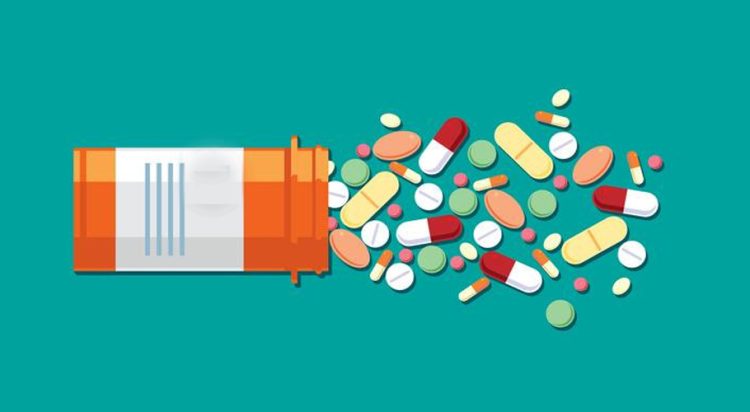A new study has revealed that over 100 countries, including Pakistan, have been supplied with substandard cancer medications that not only proved ineffective but, in some cases, were found to be harmful to health.
An investigative report has caused global alarm by disclosing that critical chemotherapy drugs, used in the treatment of various types of cancer, were exported to more than 100 countries without meeting established quality standards.
These countries include not only developing nations such as Nepal, Ethiopia, North Korea, and Pakistan, but also influential developed nations like the United States, the United Kingdom, and Saudi Arabia.
The medications in question were found to contain insufficient amounts of active ingredients, and some even included toxic substances, posing serious risks to patients.
It should be noted that these drugs not just affected children but patients of all ages including those suffering from breast and ovarian cancer, leukemia, colorectal cancer, and other blood-related cancers.
The study shows one drug Asparaginase, commonly used in treating blood cancers, particularly in children, affected nearly 70,000 young patients.
Seven major chemotherapy medicines were examined during the study which included; Cisplatin, Cyclophosphamide, Doxorubicin, Ifosfamide, Leucovorin, Methotrexate, and Oxaliplatin. These drugs are considered vital for treating various cancers, yet several batches were found to be either completely ineffective or below acceptable quality standards.
In many countries, these medications were administered without proper testing, and to date, the World Health Organization (WHO) has not issued a medical product alert. Pharmaceutical manufacturers and regulatory bodies have also remained silent.
It was also revealed that patients and physicians were not fully informed about the quality of the drugs being used.
Later, American researchers developed a low-cost, effective device called “chemoPAD,” capable of testing drug quality for just $2. This device can be used in hospitals for immediate verification and is already being implemented in several African countries.
However, due to the lack of availability in many developing nations, substandard medications continue to be administered to patients.
Health experts and advocacy groups are urging WHO to immediately issue an alert, publish a list of substandard drugs, hold pharmaceutical companies accountable, and implement quality control systems in affected countries.



































